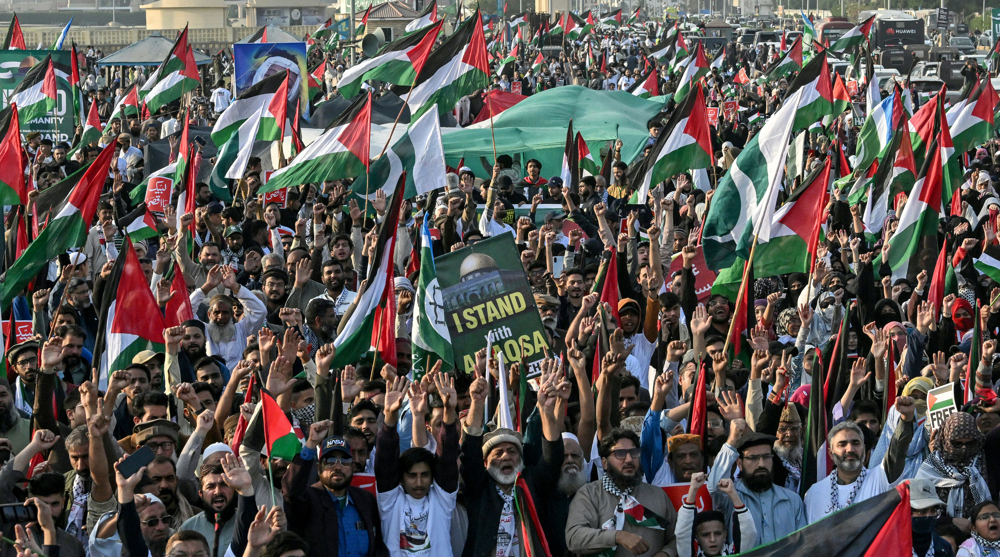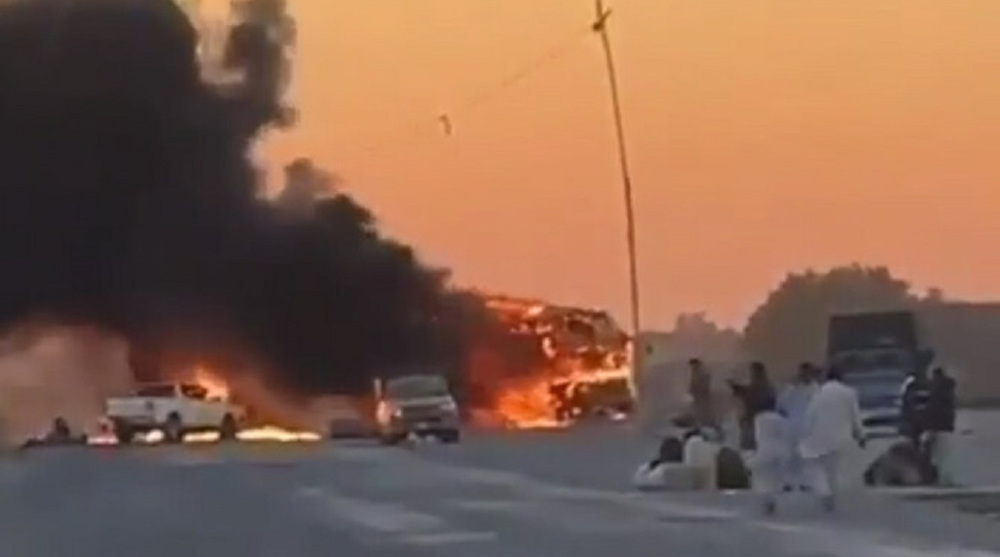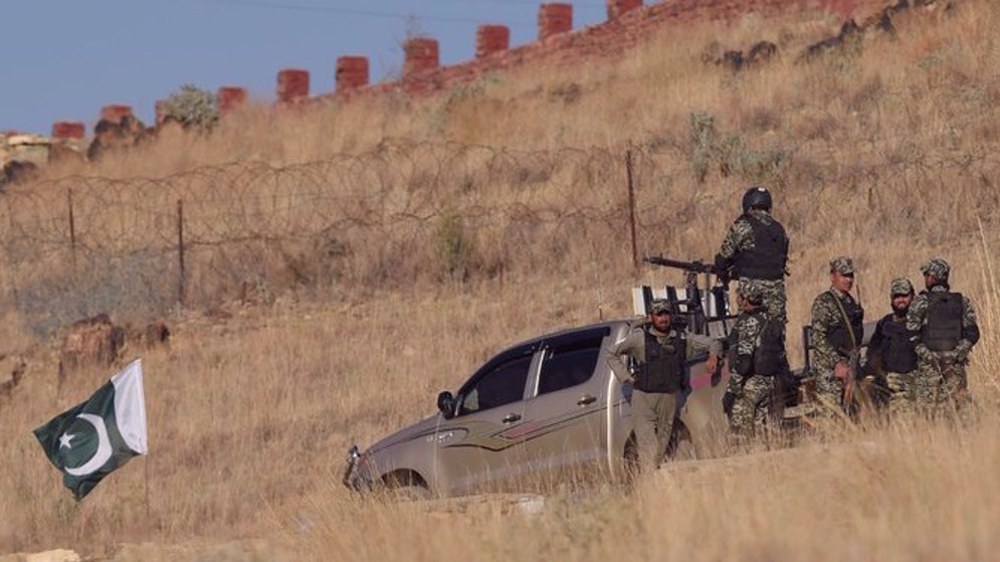Pakistan doing bare minimum to contain Taliban: US official
A senior US official has accused Pakistan of doing the “bare minimum” required to squeeze the Taliban and terror groups.
An unnamed official from US President Donald Trump’s administration told media outlets on Friday that Islamabad has “done the bare minimum to appear responsive to our requests.”
The official cited need to prod the Taliban into negotiations and round up militants operating along the porous Pakistan-Afghanistan border.
“The Pakistanis have wanted to appear responsive” the official stated. “We continue to make very specific requests, and when provided with very specific information they have responded, but we have not seen them pro-actively take the steps that we expect and know they are capable of.”
The official also stressed the need to increase pressure on Pakistan.
“We didn't think this would be easy,” the official said.
“We need to sustain the pressure,” the official added, noting, “I don’t think that we can just the efficacy of the strategy right now. We should give it more time, it deserves more time.”
Elsewhere in the comments, the official suggested an August anniversary of Trump’s strategy speech on Afghanistan may be a good time to reflect.
On August 21, the Trump denounced Islamabad for offering safe haven to “agents of chaos.”
“We can no longer be silent about Pakistan’s safe havens for terrorist organizations, the Taliban and other groups that pose a threat to the region and beyond,” Trump said in the speech outlining US policy on Afghanistan.
Also in early January, the US suspended about $2 billion in security assistance to Pakista, accusing Islamabad of harboring violent extremists.
The remarks come as Pakistan is trying to avoid being put on a global watch list over terrorism financing that could hamper its ability to receive foreign investment.
Under US pressure, members of the Financial Action Task Force (FATF), an anti money-laundering watchdog based Paris, voted last month to place Pakistan on its grey list of nations which are not doing enough to combat terror financing. That gives Pakistan three months to make enough changes to avoid the listing.
The US-led plan demanded Pakistan move against Taliban leaders who support a continuation of the war in Afghanistan.
Senior civilian and military officials in Islamabad have frequently said the US government is making Pakistan a scapegoat to cover Washington’s failure in Afghanistan.
Pakistan and Afghanistan regularly accuse each other of sheltering their enemy insurgents. Both sides, however, deny such an allegation.
Kabul blames elements in the Pakistani spy agency, Inter-Services Intelligence (ISI), for supporting the Taliban militants.
Islamabad, in turn, blames the Afghan government for giving refuge to militants on its side of the border.
The two sides also accuse one another of not doing enough to stop militants engaging in cross-border attacks.
Afghanistan has been gripped by insecurity since the United States and its allies invaded the country as part of Washington’s so-called war on terror in 2001. Many parts of the country remain plagued by militancy despite the presence of foreign troops.
The United States invaded Afghanistan in October 2001 after the September 11 attacks on New York and Washington, and overthrew the Taliban regime. US forces have been bogged down there through the presidencies of George W. Bush, Barack Obama and now Trump.
During the past 16 years, the Taliban militants have been conducting terrorist attacks across the country, killing and displacing civilians.
In addition, the Daesh Takfiri terrorist group, which is mainly active in Syria and Iraq, has recently managed to take recruits from Afghan Taliban defectors.
Jan. 15: ‘Axis of Resistance’ operations against Israeli occupation
VIDEO | US fires: Criticism mounts over govt. failure to respond
VIDEO | Fears, hope in Gaza amid intensified ceasefire efforts
VIDEO | Press TV's news headlines
Hamas: Ceasefire agreement result of steadfastness, resistance in Gaza over 15 months
Hamas thanks Iran, Resistance Front following achievement of ceasefire in Gaza
'Capitulation': Israeli officials and media concede Gaza defeat as truce unfolds
'Gaza has won': Social media users react to ceasefire with mix of relief, joy











 This makes it easy to access the Press TV website
This makes it easy to access the Press TV website